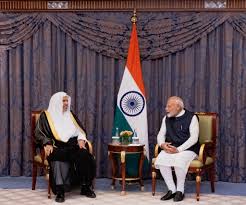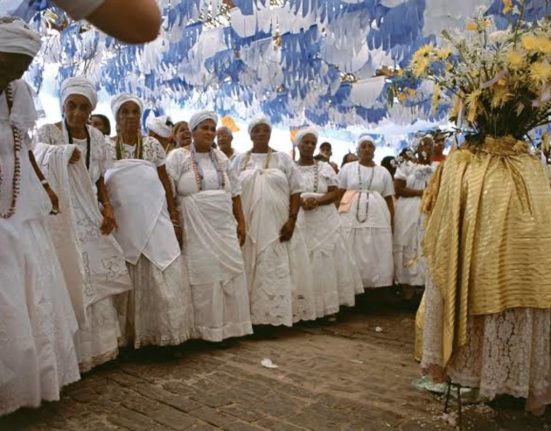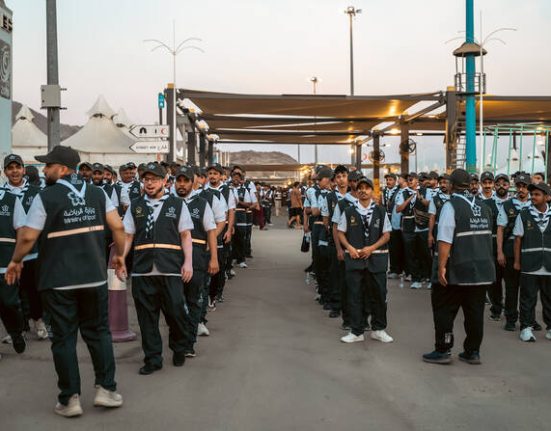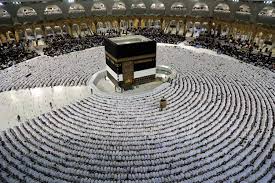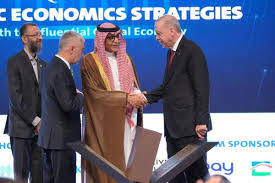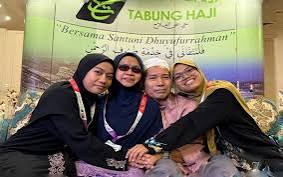The Secretary-General of the Muslim World League (MWL), Dr. Mohammed bin Abdulkarim Al-Issa, has held a high-level meeting with Islamic leaders from the United Kingdom in Madinah, Saudi Arabia, to discuss emerging challenges confronting the British Muslim community and to strengthen international collaboration for religious tolerance.
The strategic engagement, which took place on Wednesday, focused on key concerns such as the rising tide of Islamophobia in the West, growing misconceptions about Islam, and the need to amplify interfaith dialogue and peaceful coexistence. Dr. Al-Issa, a globally respected voice in Islamic diplomacy, reaffirmed the MWL’s unwavering commitment to supporting Muslim minorities around the world in preserving their identity while integrating positively within their respective societies.
“The Muslim World League remains committed to standing by Muslim communities wherever they are. We are here to listen, to learn, and to work together on a path that reinforces the noble values of Islam — peace, justice, and compassion,” Al-Issa stated during the closed-door session.
The meeting also provided a platform to promote the implementation of the Makkah Charter, a landmark declaration adopted in 2019 by over 1,200 Islamic scholars and muftis from across the globe under the MWL’s leadership. The document, which calls for universal human dignity, religious moderation, and opposition to extremism in all forms, was cited as a viable blueprint for Muslim engagement in pluralistic societies like the United Kingdom.
British Muslim leaders in attendance expressed appreciation for the MWL’s continued support and stressed the urgent need for global Islamic institutions to play a more active role in combating misrepresentation of Islam in mainstream media and political rhetoric. They also highlighted ongoing efforts within the UK to foster dialogue between Muslims and broader civil society.
“We are grateful for the opportunity to bring these issues to the global stage,” one participant said. “The UK’s Muslim community faces real challenges, but we are determined to overcome them through education, dialogue, and strategic partnerships like this.”
The meeting concluded with a joint resolve to deepen cooperation on projects focused on youth development, religious education, and counter-extremism narratives in both digital and physical spaces.
This engagement in Madinah underscores the Muslim World League’s growing influence as a bridge between Muslim communities in the West and the broader Islamic world. As cultural tensions and anti-Muslim sentiment continue to pose serious concerns in various regions, global partnerships such as this are being recognized as critical tools in advancing religious harmony and mutual understanding.

